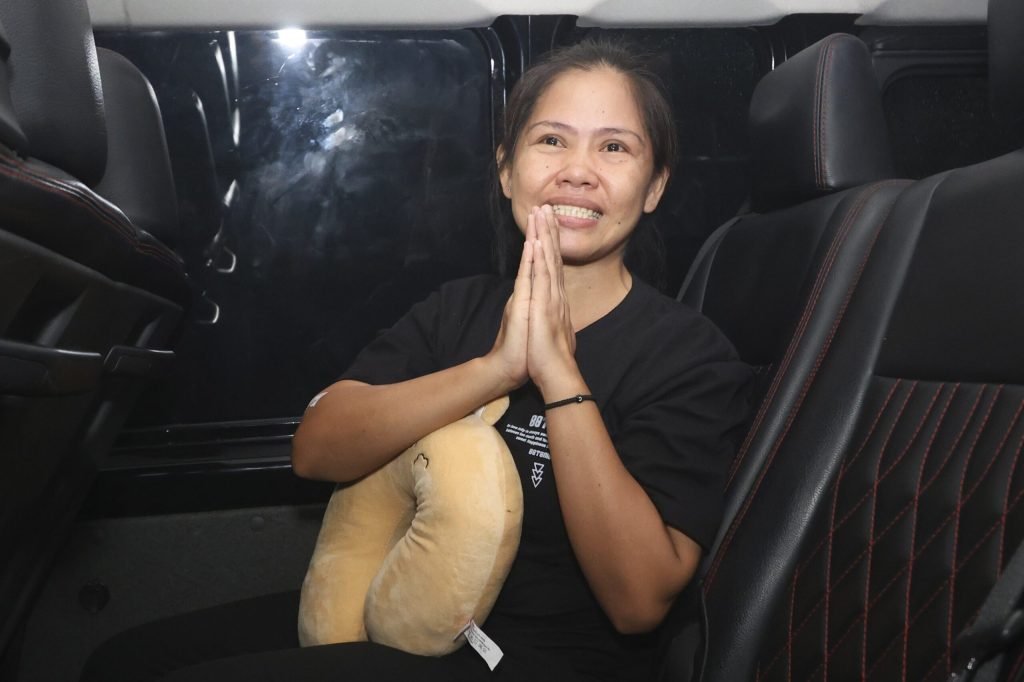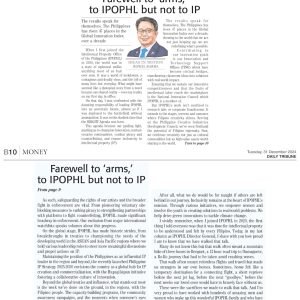
After 14 agonizing years, Mary Jane Veloso, a Filipino woman caught in the web of international drug trafficking, has finally returned home to the Philippines. On December 17, 2024, Veloso landed in Manila, her heart full of emotions as she reunited with her family. Her return marks the end of a harrowing ordeal that began in 2010 when she was arrested in Indonesia for allegedly attempting to smuggle heroin.
Her case became a rallying cry for overseas Filipino workers (OFWs) and their families, who continue to face the harsh realities of working abroad in a world that often exploits their desperation for better opportunities. For Veloso, the tragic mistake of trusting a human trafficker led to years of suffering, falsely accused and left in limbo in a foreign prison. Her release, after a lengthy campaign led by her family, legal advocates, and the Philippine government, underscores the vulnerability OFWs face when they seek work in foreign lands to support their families back home.
The poignant images of Veloso, reunited with her mother, children, and relatives at the airport, are a testament to the strength of a mother’s love and the resilience of Filipino families. Her mother, in tears, spoke of the emotional toll, noting that it felt like a dream. For Veloso’s children, who were young when their mother left, it was the culmination of years of longing for a parent they had only known through letters and video calls.
Yet, Veloso’s return is bittersweet. Her story is a stark reminder of why Filipinos, especially women, often take such perilous journeys in search of a better life. With limited job opportunities, especially for those without higher education or specialized skills, many OFWs are forced to accept unsafe, low-paying jobs abroad. Veloso, who was just looking to provide for her family, fell victim to human traffickers, a tragedy that highlights the desperate need for better job opportunities within the Philippines.
The government’s policy of promoting overseas work as a solution to the country’s economic challenges has proven to be a double-edged sword. While remittances from OFWs contribute significantly to the national economy, there is an undeniable cost to families torn apart, and to individuals who face the horrors of exploitation and abuse. According to the Philippine Statistics Authority, in 2023, nearly 2.3 million Filipinos worked abroad, with a significant portion employed in dangerous or unskilled labor. Veloso’s story is just one of many, but her release brings hope that more can be done to protect the rights of workers and to provide alternatives that will allow Filipinos to thrive in their own country.
The tragic story of Mary Jane Veloso is a call to action for both the Philippine government and society. There must be a shift in priorities. Providing OFWs with safer job prospects at home, improving local industries, and building sustainable businesses would allow families to remain together and thrive without being forced into the arms of human traffickers. Until then, the pain of families like Veloso’s will continue to echo through the streets of Manila, Cebu, and beyond.
PHOTO CREDITS: Creator: Slamet Riyadi | Credit: AP







